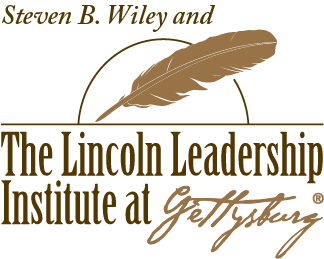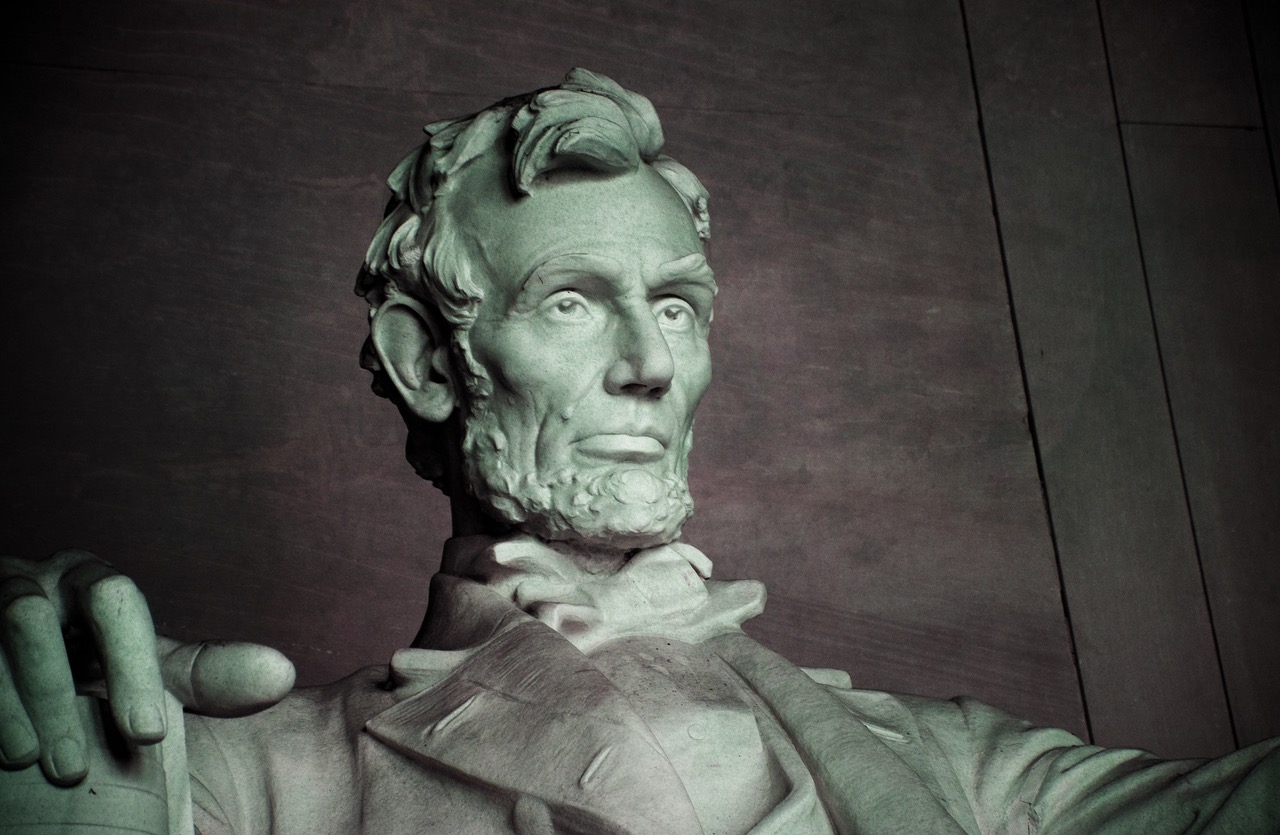In February I was excited to see that Dan Heath had written a new book and that it was to be released in March. I preordered a copy, and after reading Upstream in just a few sittings, I am happy to report that it exceeded my expectations. Heath argues that most of our efforts and reward systems – both formal and informal – focus on fixing problems after they have occurred rather than preventing them in the first place. Of our tendency to lionize those who come to the rescue, Heath notes, “The need for heroism is usually evidence of systems failure.”
One of the first steps to going upstream is finding a leverage point, a place where a small intervention will have a significant impact. Heath cites one school district that, counterintuitively, found that the most crucial factor in determining whether a high school student would graduate was how well they did in 9th grade. Knowing this, the school shifted both their best teachers and other resources from 12th graders to 9th graders and saw instant results. Not more teachers, not more resources, just a shift in the allocation of the resources they already had.
Critical to making a successful upstream intervention is an early warning of the problem. Heath offers the metaphor of a smoke detector calibrated to your particular work that sounds the alarm when problems develop.
Particularly fascinating was Heath’s warning that during a time of crisis, we often search for a sense of control, and that the things that are easiest to control are the small things right in front of us. By focusing on those tasks, we ignore the more important but not so urgent matters that will make a massive difference down the road.
So… what is a persistent problem you face? How might you move “upstream” to stop dealing with its effects and get to the root of the problem? Is there a leverage point you can find, a place where a small intervention would make a big difference? Once you’ve addressed the problem, how do you set up a “smoke alarm” to ensure you are alerted if it begins to occur again? Lastly, are you sure the problem you are tackling is significant and not just low-hanging fruit?
If we could nominate Upstream Heroes, I’d put in a vote for Union cavalryman John Buford. His actions on July 1, 1863, the basis for the first case study in our Transformational Journey from Gettysburg program, perfectly illustrate so many of the points Dan Heath makes. Rather than dealing with the downstream effects of a battle beyond his control, Buford went upstream, found a leverage point with the high ground at Gettysburg, and fundamentally altered the trajectory of the battle.
Check out Dan Heath’s Upstream, and join us in Gettysburg to learn more about Upstream Hero John Buford and his lessons for us all.




Recent Comments